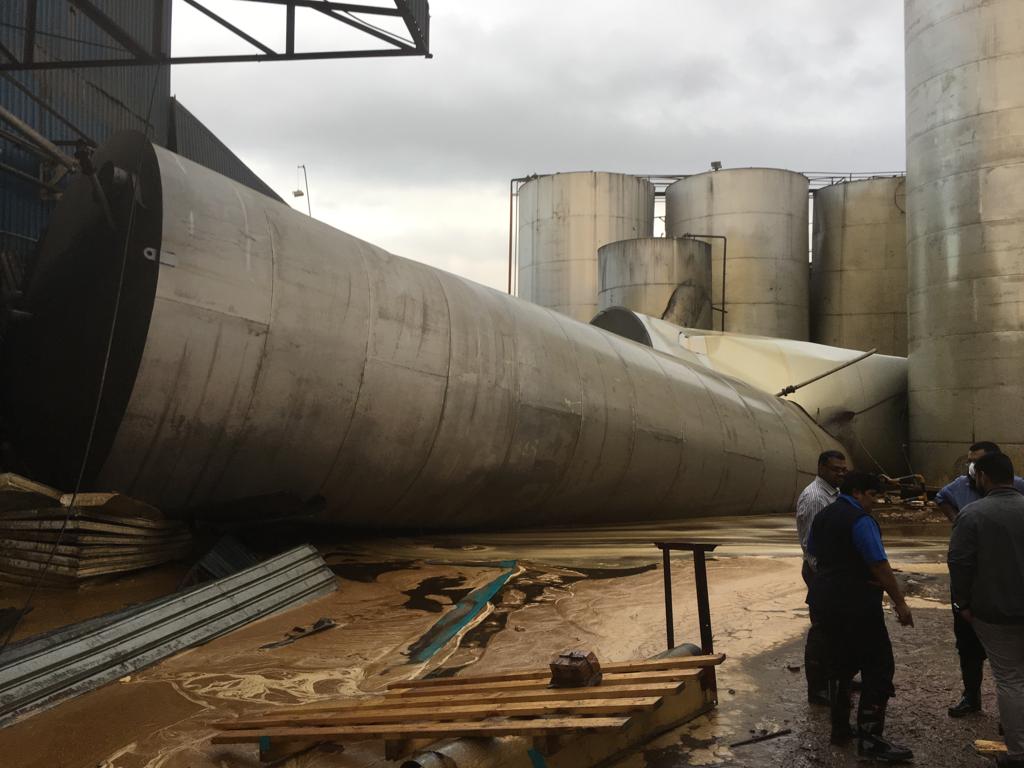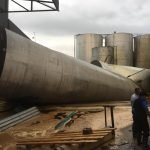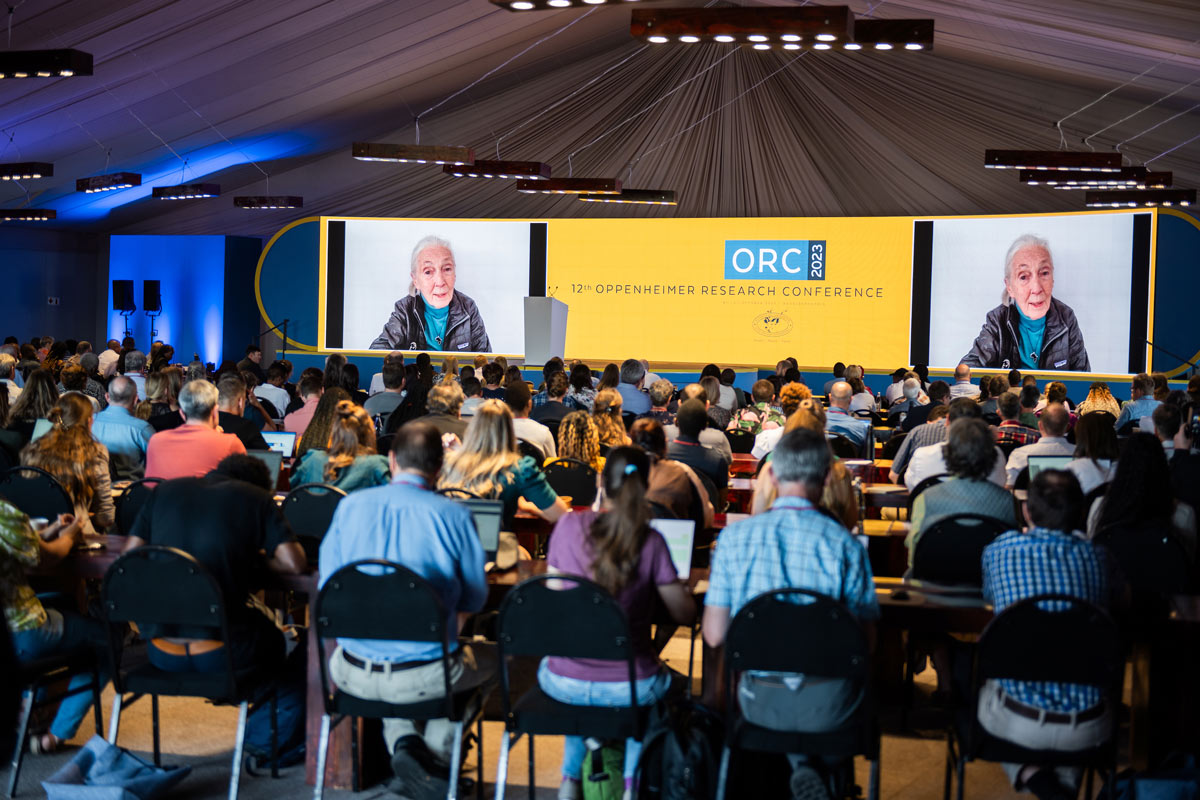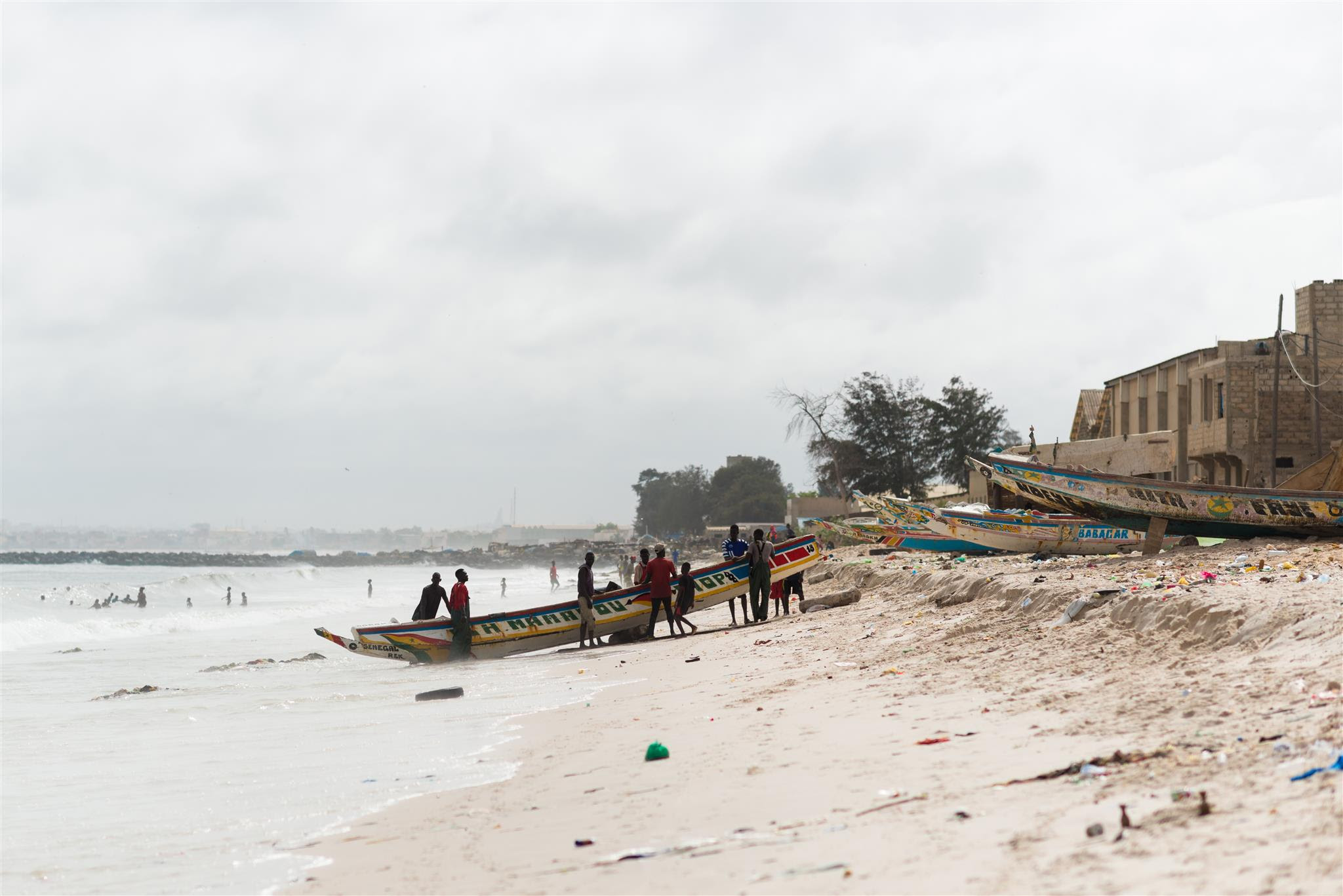AN environmental advocacy group is seeking a court interdict to halt operations at the Somkhele coal mine near the Hluhluwe-Imfolozi Park in KwaZulu-Natal. Thabiso Goba reports
First published in Daily News
The Global Environmental Trust (GET) claim Tendele Coal Mining’s Somkhele mine does not have the necessary authorisations, is damaging the environment and causing health problems.
GET is the first applicant in this case alongside the Mfolozi Community Environmental Justice Organisation and Sabelo Dladla, a resident who lives within 300 metres of the mine.
Tendele has denied any wrongdoing and called GET’s case devoid of any legal merit.
The matter is set to be heard at the Pietermaritzburg High Court tomorrow.
“Tendele’s human rights abuses and negative impacts on the lives of the greater Mpukunyoni area, where Somkhele is situated, will be tabled in various reports, including the South African Human Rights Commission’s recently released report on hearings with mining affected communities that include Somkhele,” GET said in a statement.
“Meanwhile, Tendele plans to expand its operation and has identified svernal hundred households to be moved from their rightful land. Many more families will lose their livelihoods and have their lives and health destroyed by living in close proximity to the mine.”
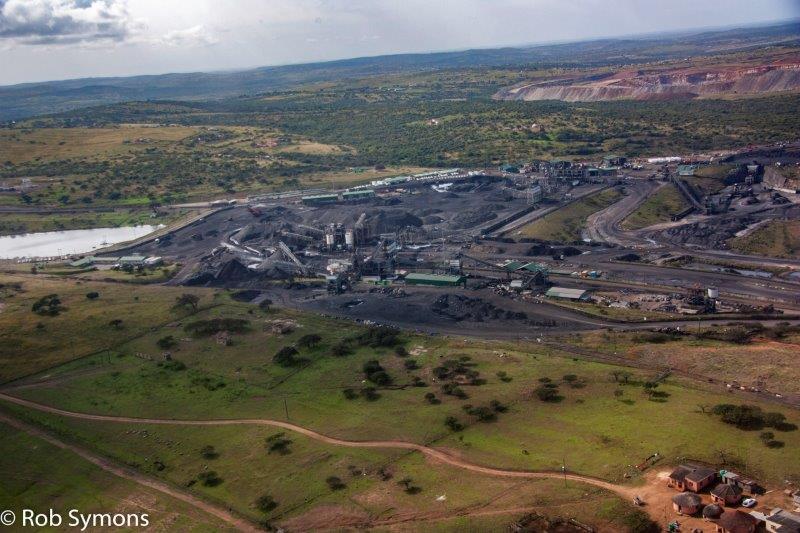

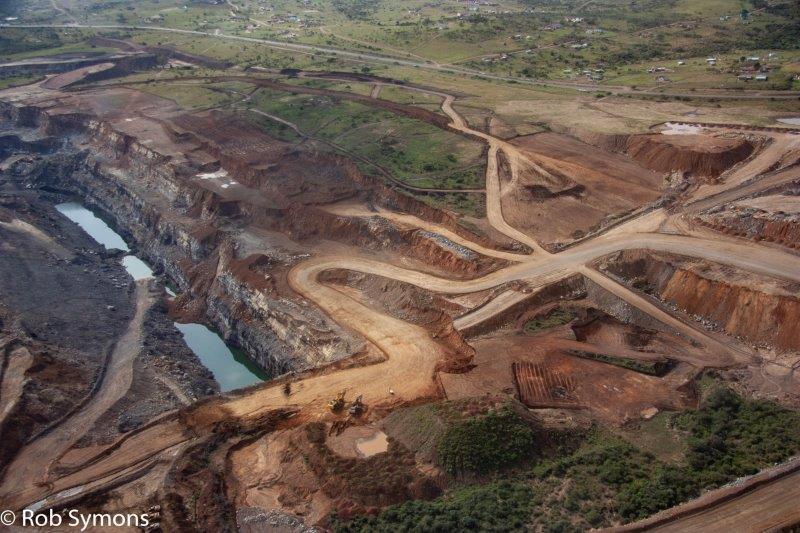

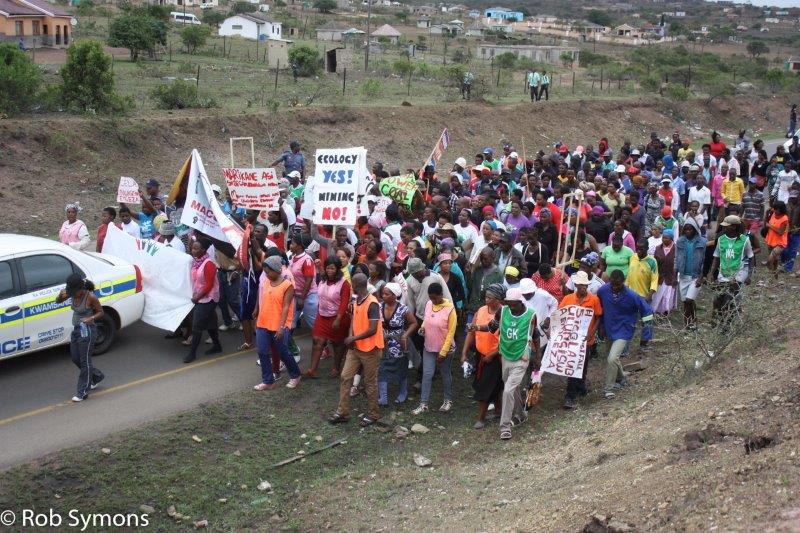

People living close to the Somkhele opencast mine complain that coal dust turns their white chickens grey and the intestines of their goats black. Pictures: Rob Symons
In court documents, GET alleges that Tendele has caused “irreparable harm” to the community of Mpukunyoni, north of Richards Bay.
It said the mine has degraded the quality of life in the area by destroying the environments and had overwhelmed the community with polluted dust and noise.
Wilderness area
“The wilderness has been turned into an industrial rock dump, with massive blasting of rocks taking place regularly,” said GET in court papers.
In its court application, GET said the mine:
• Had no environmental authorisation;
• Was operating without any land use authority or approval from any municipality;
• Has no formal approval to remove or alter traditional graves from their original positions; and
• Had no waste management licence as required by law.
Stockpiles
In response, Tendele argues that its operations happen under valid mining right and Environmental Management Programmes (EMPs) granted by the Department of Mineral Resources in 2007.
Tendele also argues that their EMPs provide necessary authorisation for stockpiling residue and deposits of rocks, therefore they do not need a waste management license.
“I am advised that Tendele does not require such environmental authorisation for its current mining operations,” said Jan Christoffel du Preez, Tendele chief operating officer, in court papers.
Tendele infers in court documents that since department has not requested it upgrade its environmental management programmes to address environmental impact, this suggests it is satisfied with its operations.
Altered graves
Tendele acknowledged it had moved or altered graves without necessary authorisation from Amafa, the KwaZulu-Natal heritage resources authority, but said this was done after lengthy consultations with the affected families.
It said it had taken steps to comply with the law and consult with all stakeholders over moving graves in future. It said this was not sufficient grounds for shutting down the mine.
Tendele said stopping operations at the opencast anthracite mine would jeopardise the livelihoods of the about 1000 local people it employed.
In 2015, Tendele signed off a 20% stake in the Somkhele mine to its employees and local communities.
Kirsten Youens, the attorney representing the applicants, disputes that 1000 local people are employed by Tendele. “They are mostly from outside the neighbouring communities,” said Youens.
She said Mfolozi Community Environmental Justice Organisation had more than 3000 members, with more people joining almost every day. All of them want the judicial system to bring Tendele to book.
“This is an opportunity for a clear statement to be made that it is unacceptable for mining companies to only comply with the law once they have commenced mining and only when ordered to do so. The environment and thousand of people’s lives are at stake,” she said. – Thabiso Goba / Roving Reporters
• Thabiso Goba is a Durban University of Technology journalism final year student enrolled on Roving Reporters’ environmental journalism training programme.
How the Daily News told the story






